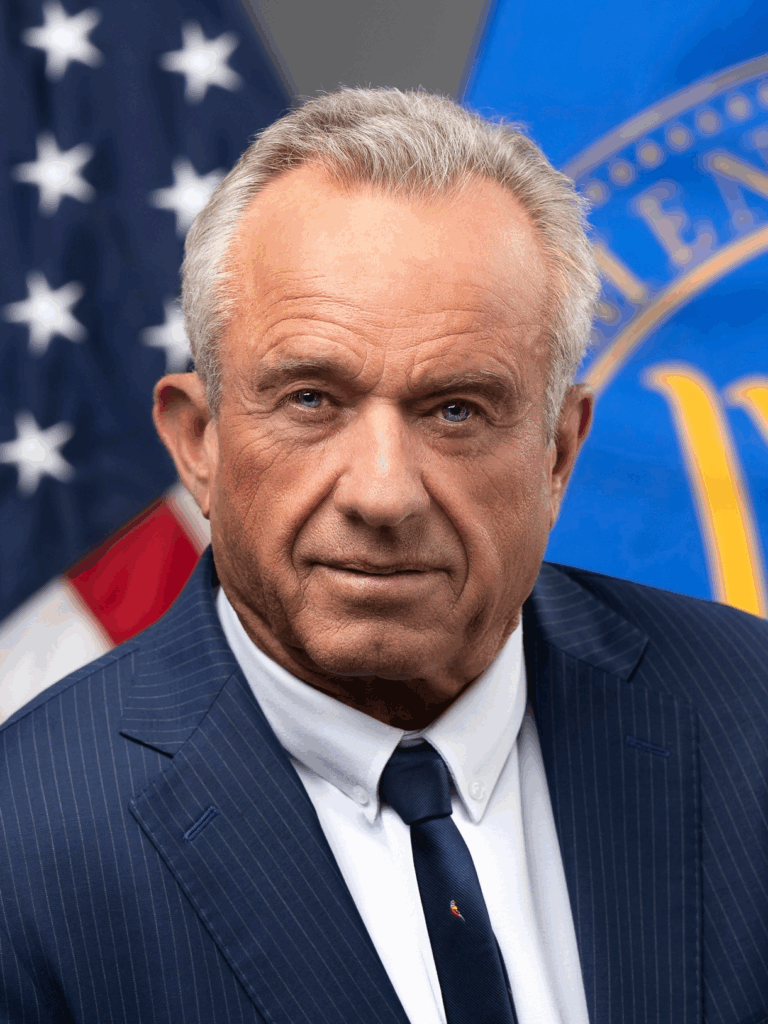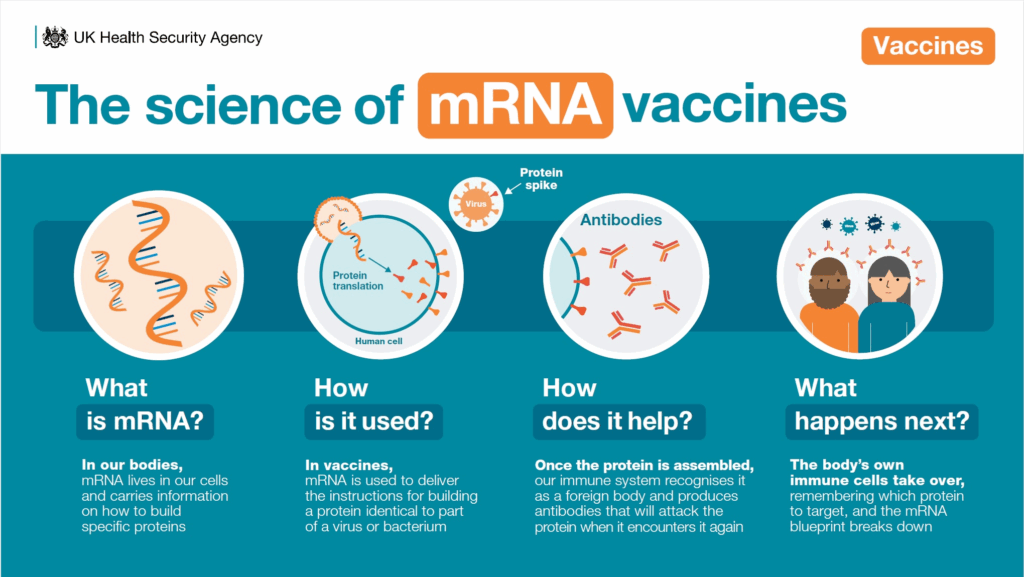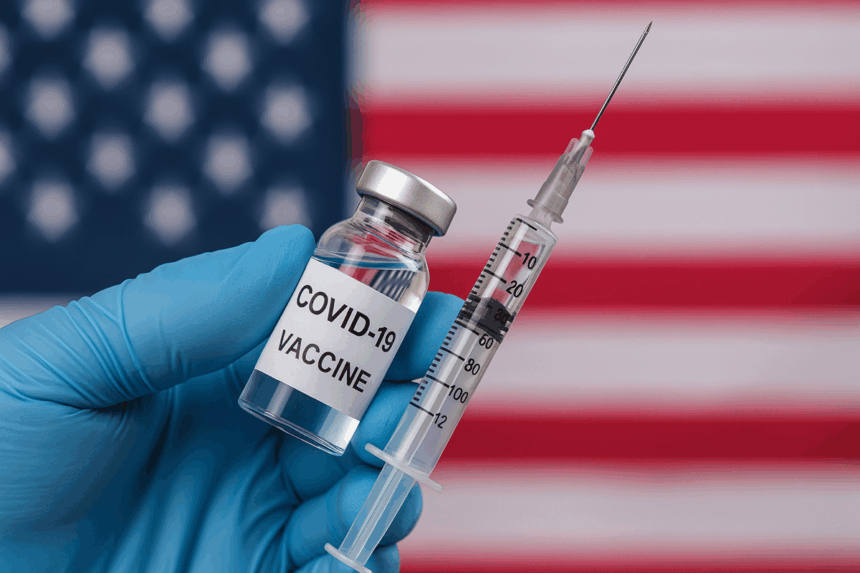The U.S. Department of Health and Human Services (HHS) has made a controversial move. Secretary Robert F. Kennedy Jr. is cutting nearly $500 million from mRNA vaccine research and development. The decision pulls funding from 22 now-defunct contracts awarded through BARDA (Biomedical Advanced Research and Development Authority). Kennedy, a known vaccine sceptic, argues that mRNA vaccines are ineffective against certain viruses. Experts say this is scientifically inaccurate and dangerous for public health.
What’s Happening & Why This Matters
A Sudden Withdrawal of Funding

In a video posted on social media, Kennedy announced the reallocation of funds away from mRNA-based vaccine projects. These projects were designed to address diseases with pandemic potential. Instead, he plans to fund alternative vaccine methods like whole-virus vaccines, which require far longer production times.
Kennedy claimed mRNA vaccines fail against viruses that infect the upper respiratory tract. He also suggested that small viral mutations can render them useless — a statement experts have debunked. COVID-19 mRNA vaccines are credited with saving over 3 million lives and preventing 18 million hospitalisations in the U.S. during the first two years of the pandemic.
Misunderstanding the Science
Kennedy incorrectly cited “antigenic shift” as the reason mRNA vaccines supposedly fail. In reality, antigenic drift — gradual viral mutations over time — is the process that can reduce vaccine effectiveness. Shift is rare and usually applies to influenza viruses, not coronaviruses.
Even with mutations, current mRNA vaccines remain effective. For example, the dominant COVID-19 variant NB.1.8.1 has multiple spike protein mutations, yet vaccines targeting earlier strains still provide protection.

Experts Push Back
Public health specialists warn the move jeopardises future pandemic preparedness. mRNA technology enables rapid vaccine development — far faster than traditional methods. Dr. Michael Osterholm of the University of Minnesota’s Centre for Infectious Disease Research and Policy called the decision one that leaves the nation “highly vulnerable.”
Another infectious disease expert told Stat News:
“It’s self-evident that this is the single best technology we have now to rapidly produce a vaccine for the largest number of people. And you are throwing away a technology which was exceedingly valuable in saving lives during the most recent pandemic.”
Whole-virus vaccines, Kennedy’s proposed alternative, often require months of production and can trigger stronger side effects due to the inclusion of multiple antigens.
The Stakes for Public Health
Abandoning mRNA research reduces the ability to respond quickly to emerging health threats. With viruses like influenza, coronaviruses, and other pathogens constantly evolving, experts stress that cutting-edge vaccine platforms are critical. Slower, outdated methods risk delayed responses, potentially costing lives during future outbreaks.
TF Summary: What’s Next
Kennedy’s funding cut is a culmination of declarations to shift the U.S. vaccine strategy. By sidelining mRNA research, the HHS risks slowing innovation in pandemic preparedness. The scientific community warns that this course of action hinders the nation’s ability to respond to emerging threats quickly. The coming months will show whether Congress or public health agencies push back — or whether the U.S. populous accepts the new direction at the cost of future readiness.
— Text-to-Speech (TTS) provided by gspeech


